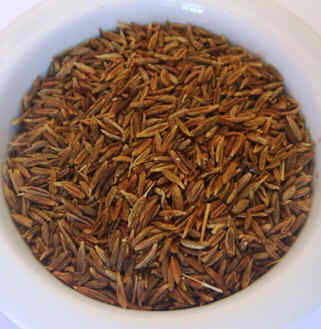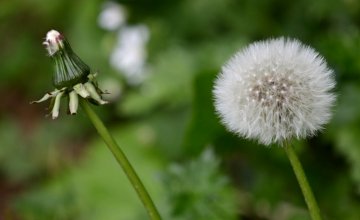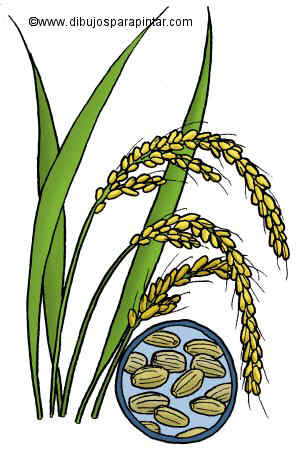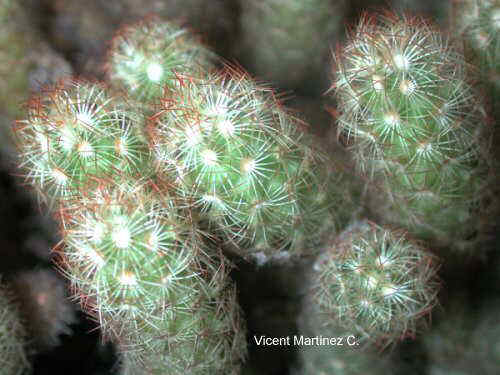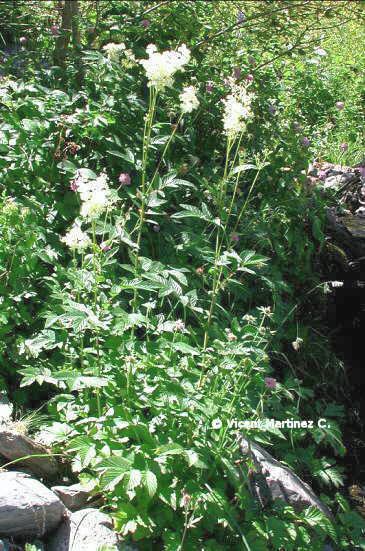Contents
Dangers of passion flower
Can Passiflora be toxic?
Passion flower is one of the plants widely used as a folk remedy, although it is a remedy that must be used with great prudence and always with the consent of the doctor or specialist.
Why can Passiflora be toxic?
Passiflora contains psychoactive alkaloids which, by accumulation, or in large doses, can be dangerous. Among them we will mention the following:
- Harmaline
- Harmine
- Yageine
- Aribine
- Pasiflorine
What are the symptoms of passionflower poisoning?
Doses of 3 to 6 mg of this type of alkaloids stimulate the central nervous system producing greater well-being. Doses from 15 mg produce completely opposite effects, such as numbness or drowsiness.
Higher doses can cause vomiting, convulsions or hallucinations.
Symptoms of psychosis occur with about 300-400 mg, with tremors and seizures followed by central nervous system depression.
Passionflower essential oil has been used as a hallucinogen.
Is dry Passiflora herb toxic?
It is practically impossible for dried grass to produce the above effects since very high amounts would be required. This does not mean that it is completely safe.
Higher than normal doses of dry grass can lead to other types of poisoning.
Do not forget that this plant contains cyanogenic components, such as gynaecardine, principle that, once ingested, in contact with saliva, are capable of producing cyanide (cyanide)
![]() More information on passion fruit and passion flower.
More information on passion fruit and passion flower.

